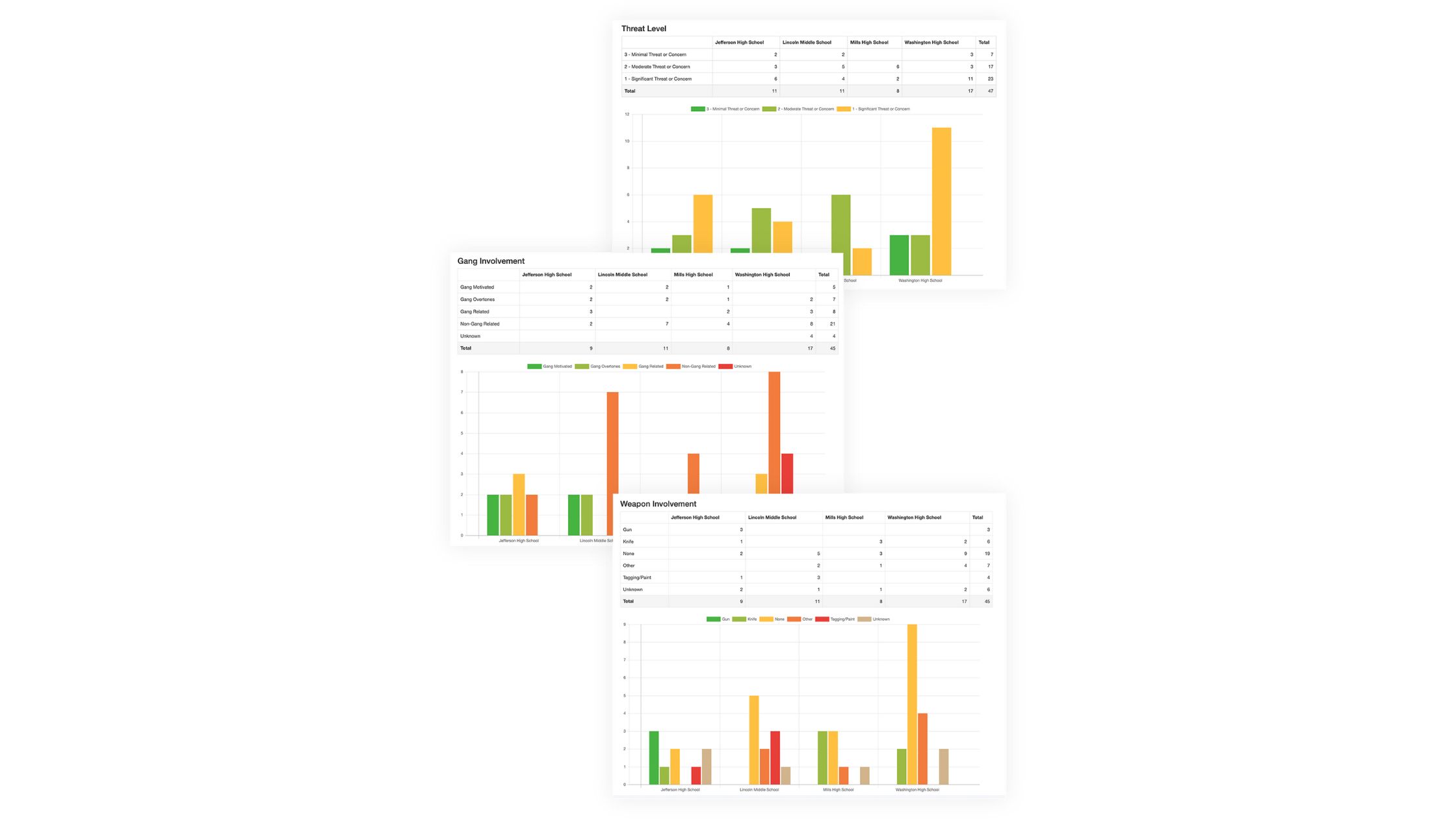Notifications

In the world of nonprofits, effective case management is crucial. It ensures that organizations can track their clients, manage resources, and measure outcomes efficiently. To achieve these goals, selecting the best case management software for nonprofits is essential.
This software not only streamlines operations but also enhances the ability to serve clients better.
So, how do you choose the right one?
Let's dive in!
Before jumping into the software selection process, take a moment to assess your organization’s needs. What challenges are you facing? Are you looking for better client tracking, improved reporting capabilities, or maybe even enhanced communication tools? Knowing your specific requirements helps narrow down your options significantly.
For instance, if your organization frequently handles a large volume of cases, you might need software with robust data management capabilities. Alternatively, if you're focused on improving collaboration, look for tools that offer shared access and communication features.
Nonprofits often operate on tight budgets. Therefore, it’s crucial to evaluate the cost of different software options. Many providers offer tiered pricing based on the features you need. Don’t hesitate to ask for demos or trial versions. This way, you can assess whether the software fits within your budget while still meeting your needs.
Also, consider any additional costs, like training and support. Some providers may charge extra for these services, which can add up quickly.
A complicated interface can lead to frustration and decreased productivity. Your team should be able to navigate the software with ease. Look for intuitive designs that require minimal training. A user-friendly platform will help your staff get on board quickly and focus on what truly matters—helping clients.
Read reviews or seek feedback from others in the nonprofit sector. This can provide insights into the usability of different systems.
As your organization grows, so do your needs. The best case management software for nonprofits should be scalable. It should adapt to your changing requirements without needing a complete overhaul. Consider options that allow you to add features or users as needed. This flexibility can save you time and money in the long run.
Your organization likely uses multiple tools for different purposes. Whether it's accounting software, communication platforms, or data analysis tools, your case management software should integrate seamlessly with these systems. This integration reduces manual data entry and ensures all your information is centralized.
Ask potential software providers about their integration capabilities. This will help ensure a smooth workflow across your organization.
Support is critical when implementing new software. Look for providers that offer robust customer support options. This includes online resources, live chat, and phone support. Additionally, training should be readily available to help your team get the most out of the software. A company that invests in your training and support shows their commitment to your success.
Once you’ve narrowed down your options, take advantage of free trials. This hands-on experience is invaluable. Involve your team in the testing phase and gather their feedback. Their insights will help you make a more informed decision. Remember, the people using the software daily will have the best understanding of its practicality.
So, go ahead, take your time, do your research, and invest in a case management software for nonprofits that will support your mission for years to come.